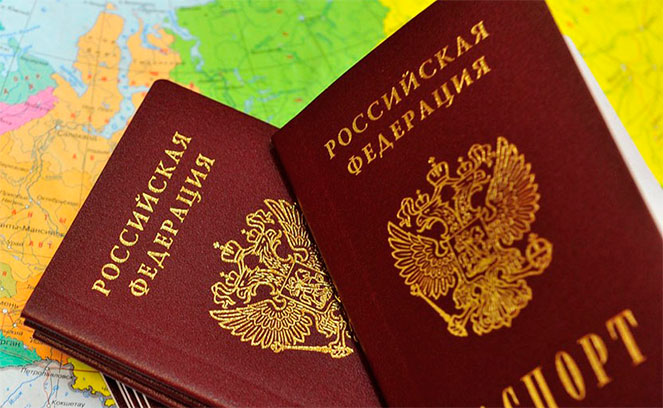What is the difference between citizenship status and citizenship status?
In world constitutional law, two terms are used - citizenship and citizenship. They are similar, but in order to use them correctly, you should clearly know what their features and differences are. This is important, as it will eliminate errors in official documents and awkward situations in a conversation.
The concept of citizenship in world law
First of all, it should be remembered that the term "citizenship" is used only in relation to monarchies. With its help, the personal connection of a person with the monarch is indicated. However, the level of development of modern monarchies has made citizenship and citizenship almost synonymous. The legal status of the individual in them is no different from the status of citizens of constitutional republics or federations.
In a certain sense, the meaning of citizenship is wider and this status is the predecessor of the later one - citizenship.
In addition, the term “citizenship” denotes not only the legal, but also the cultural and historical affiliation of a particular person to the monarchy. It also involves living in a certain area. In the past, foreign citizens could obtain citizenship at the behest of the monarch. So, for example, did Peter I in Russia.
The concept of citizenship in world law
Citizenship is a stable legal relationship of a particular citizen with a particular state, expressed in the presence of clearly defined and legally enshrined rights and obligations.
There are two types of citizens: born and naturalized.
Natives are persons who acquired this status by right of blood from their parents or by right of land (by birth), as they were born in the territory of a particular country. In the second case, they are entitled to the citizenship of a particular country, regardless of the status of their parents. Read more about citizenship by birth.
Naturalized - who have passed the procedure of integration into society and have proven their desire to live and the ability to work in a particular state. Their nationality is secured legally through the compulsory naturalization procedure provided for by law. It is worth noting that you can obtain citizenship through different.
Born and naturalized citizens in most developed countries have equal rights.
This is exactly the case, for example, in the Russian Federation in 2019.
However, in a number of countries, native citizens have a number of advantages over naturalized ones. Upon reaching the legal age, the first receive a passport. It is used as an identity card when checking in state authorities, when providing services, in the case of operational and investigative measures, and in many other situations. In a number of countries, legislation obliges citizens to travel abroad. 
It should be noted that the TRP (temporary residence permit) does not equalize the rights of foreigners with the citizens of the country of their temporary residence, and even more so.
Features of legal statuses
Citizenship provides an extremely low legal status of a particular person. Citizenship, on the other hand, gives not only a number of rights and freedoms, but also imposes obligations, the fulfillment of which is impossible without loss of status. That is why it is so important to understand the legal relationship of these concepts.
| Legal status | ||
|---|---|---|
| Parameter | Subject | Citizen |
| 1. Participation in the management of the state and society | - | + |
| 2. The presence of privileges associated with the management of the state and society | - | + |
| 3. Having personal obligations to the monarch | + | - |
| 4. The presence of personal obligations to the state | - | + |
| 5. Availability of rights and freedoms enshrined in the constitution of the country | - | + |
| 6. Availability of a document confirming the status | - | + |
Similarities and differences
The similarity of the concepts of citizenship and citizenship is that they determine the relationship of an individual with a particular territory - in the person of its monarch or in the person of the state. But at the same time there are very significant differences, mainly legal. Citizenship is in many ways an outdated form of relationships between individuals and monarchs, which currently exists in monarchies in parallel with the institution of citizenship.
Currently, the main differences in the considered legal statuses are determined by the following parameters:
- relationship with the territory: in the person of the state or the sole ruler;
- the structure of the relationship: the unilateral obligation of the citizen to the monarch or the mutual system of obligations of the citizen and the state;
- the presence of instruments of power: citizenship does not give the right to govern the country, citizenship does.
Where is the easiest way to obtain citizenship for a Russian, read.
Conclusion
Citizenship and nationality are two important legal concepts, one of which historically preceded the other. In modern monarchies, these statuses coexist. Citizenship can be acquired by right of blood, birth, or by proving one's ability to live and work in a particular country. Unlike citizenship, which can be obtained solely at the will of the monarch, citizenship determines the bilateral rights and obligations of the individual and the state. And there is also dual and second citizenship, when a person can be a citizen of two countries at the same time. Where this is possible, read in our




